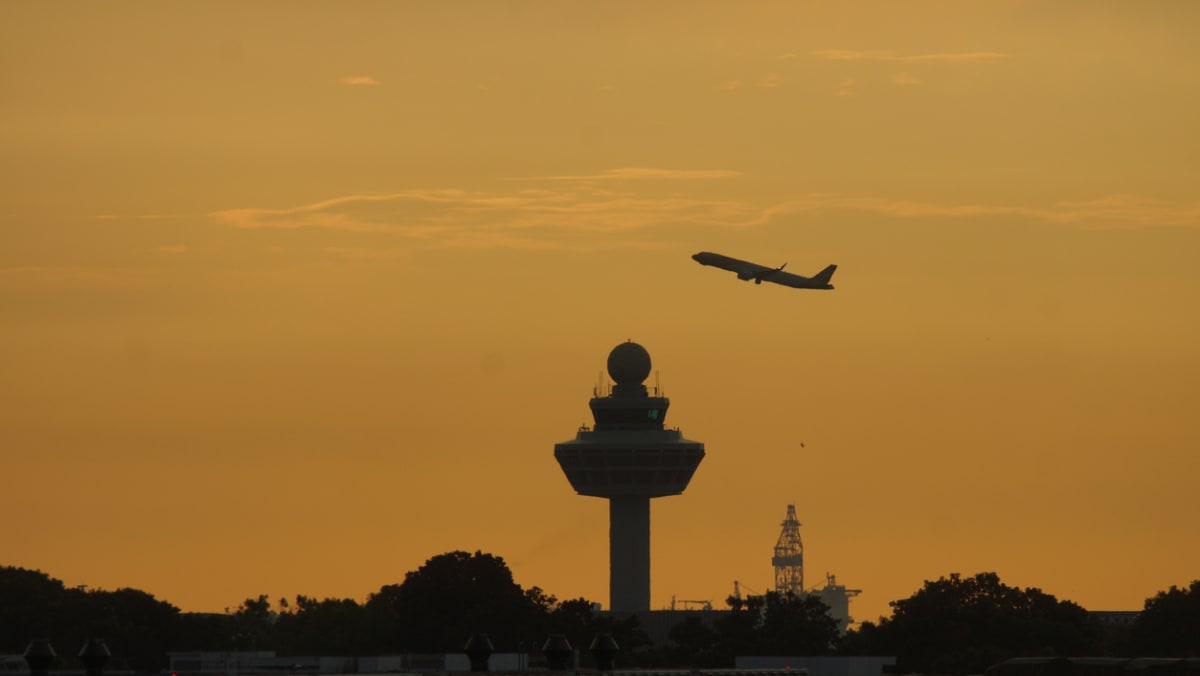
SINGAPORE: In November, Chinese national Han Feizi was deported after serving a jail term for altercations and arguments with a security guard, a police officer and hospital employees.
Han gained notoriety after TikTok videos of her arguing with the police went viral. Social media users applauded the news of her deportation, but how foreign convicts are expelled from Singapore is a process that remains opaque even to seasoned criminal lawyers.
In its official response to CNA, the Immigration and Checkpoints Authority (ICA) said it was unable to divulge details of deportation procedures due to “operational sensitivities”.
However, it said biometrics scanning technology at Singapore’s checkpoints can detect deported individuals if they attempt to re-enter Singapore under another identity or passport.
To get some insight into the process, CNA spoke to a foreigner who was sent home after completing a jail term, as well as several lawyers who have had clients deported. Some lawyers declined to be named, citing the sensitivity of the topic.
What happens when a foreigner is deported?
The idea behind deportation is for the foreigner to be “removed” from Singapore and returned to their home country, said lawyer Gloria James-Civetta.
She said her previous clients who were deported after serving their sentence in Singapore were generally escorted from prison to ICA, where they were processed to be deported.
“Depending on their home country, they would either be sent to the airport, to the ferry terminal or customs.”
She usually advised her clients to pack and send their belongings back home before beginning their sentence in Singapore.
In its response to CNA, ICA said a foreigner who has been convicted and jailed for an offence in Singapore is deemed to be an “undesirable immigrant” and liable to be “removed” under the Immigration Act.
“The presence of a foreigner may also be undesirable from a public interest perspective, for example, if their presence in Singapore threatens the safety and security of the local community,” said the ICA spokesperson.
John’s experience
John (not his real name), who is in his 50s, was convicted in Singapore of criminal breach of trust and jailed.
He told CNA that foreign convicts are usually deported immediately upon finishing their jail terms, if they do not have a valid pass to stay in Singapore.
However, he said he was given a “quite rare” extension via a Special Pass to stay in Singapore after finishing his jail term, pending his flight home at his own expense.
When he completed his jail term, John said he was transported from Changi Prison to ICA, which he said seemed to be the general rule.
He was released on a Special Pass, on the condition that he present his air ticket no later than the next day.
“As I got from my talk with the officials of ICA, it is (an) extremely rare case,” said John.
“Normally, if a ticket is supposed to be bought by a person released from jail in return (for) a longer stay in Singapore before departure, this ticket has to be presented immediately upon arriving at ICA from the jail.”
Even if the air ticket is presented, it is no guarantee that the convict will be allowed to stay longer in Singapore before flying home, said John.
“If the decision is negative, it is very unlikely, near to impossible, to get a permit to visit any place in Singapore before departure, even to collect personal belongings.”
Convicts who are deported upon finishing their jail terms are allowed to change into their own clothes in ICA’s detention area before departure, said John.
John said he was not escorted to the plane, but added that this decision was made by ICA depending on how dangerous a convict is determined to be, if they are left in Singapore on their own before the scheduled departure.
Being detained under ICA was not much different from conditions in jail, he added.
“But the staff of the detention department of ICA are quite friendly and polite, yet I have (a) strong feeling that it depends on how heavy the sentence was,” he said.
“In my case the staff was ready to listen to my requests but I am sure ICA (agrees to) such requests only if the argumentation is strong, well-prepared and documented.”

